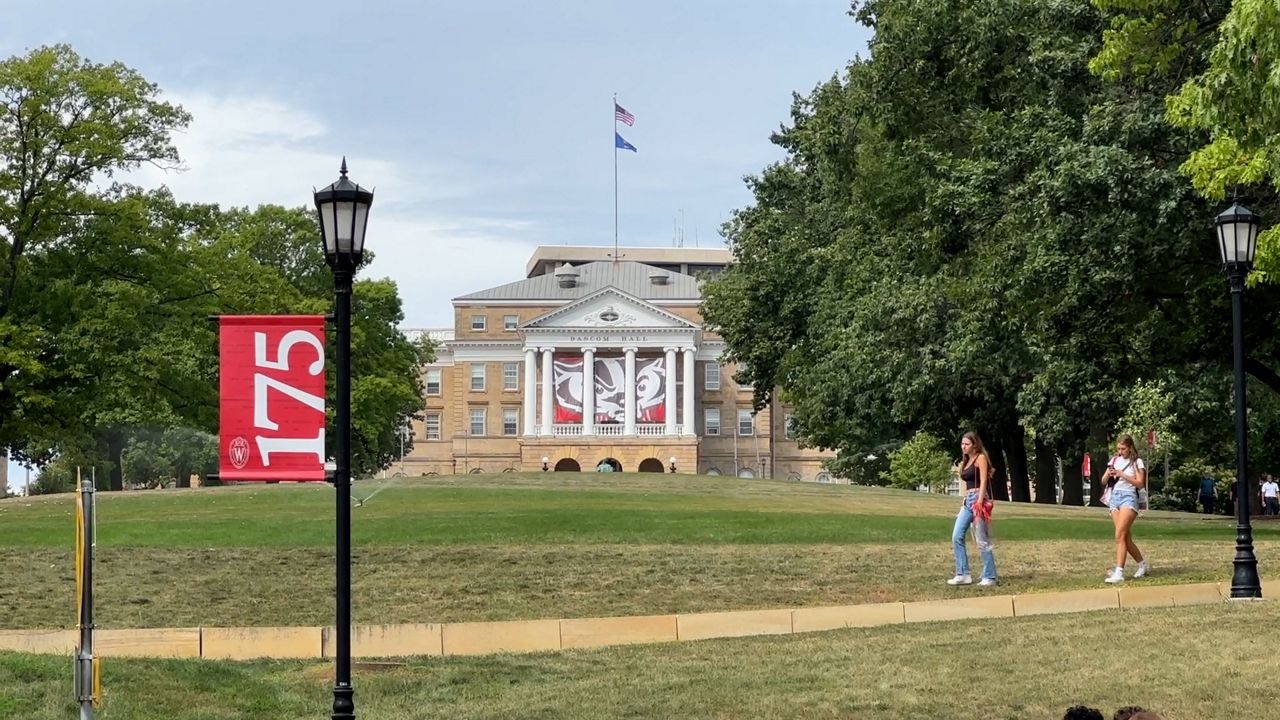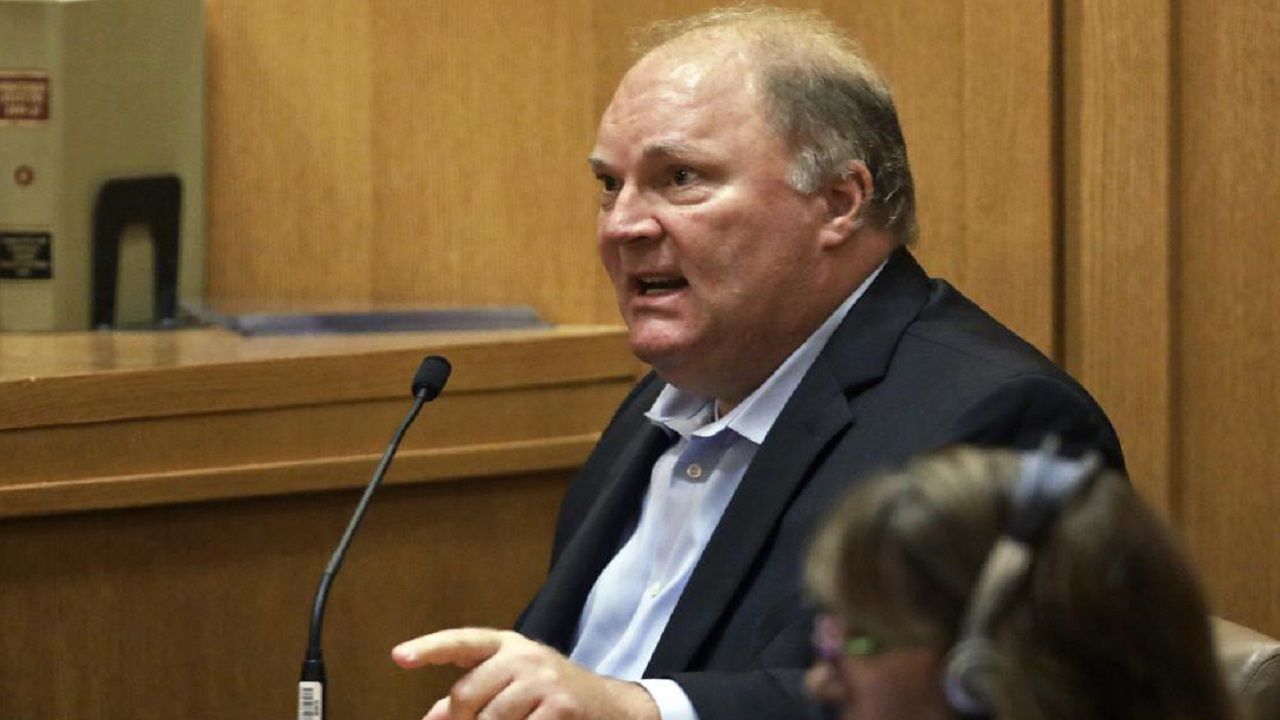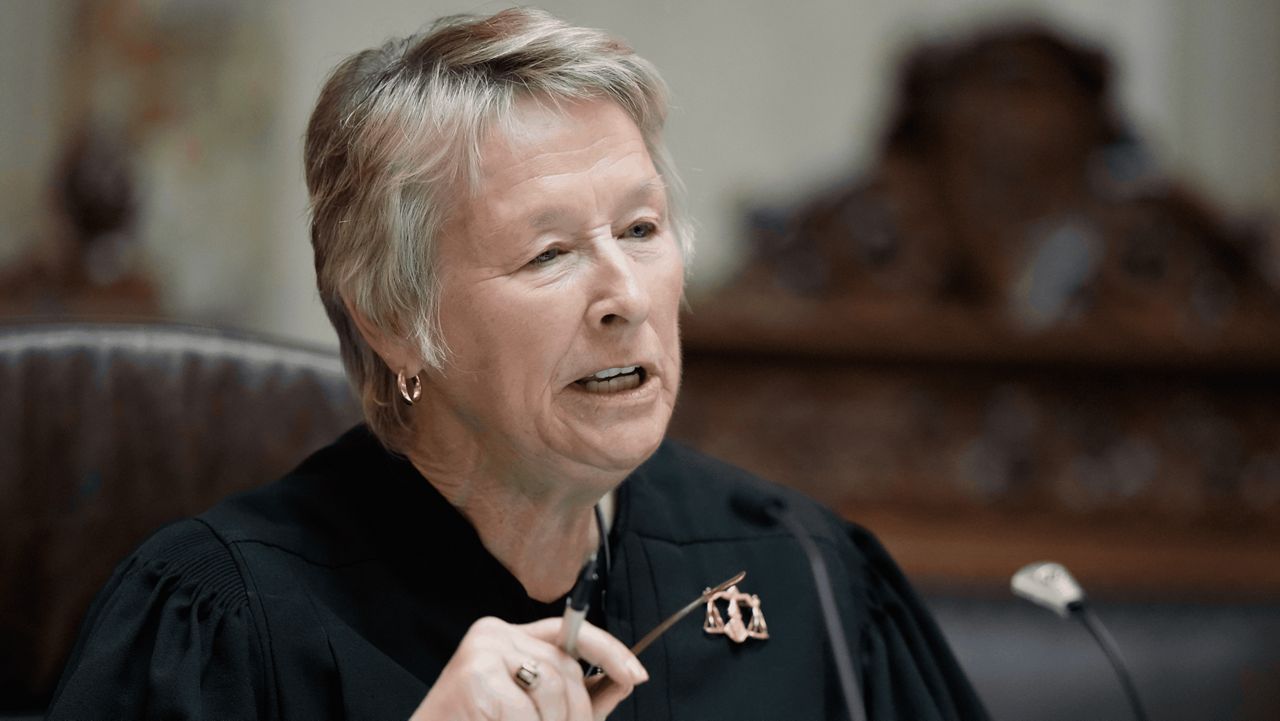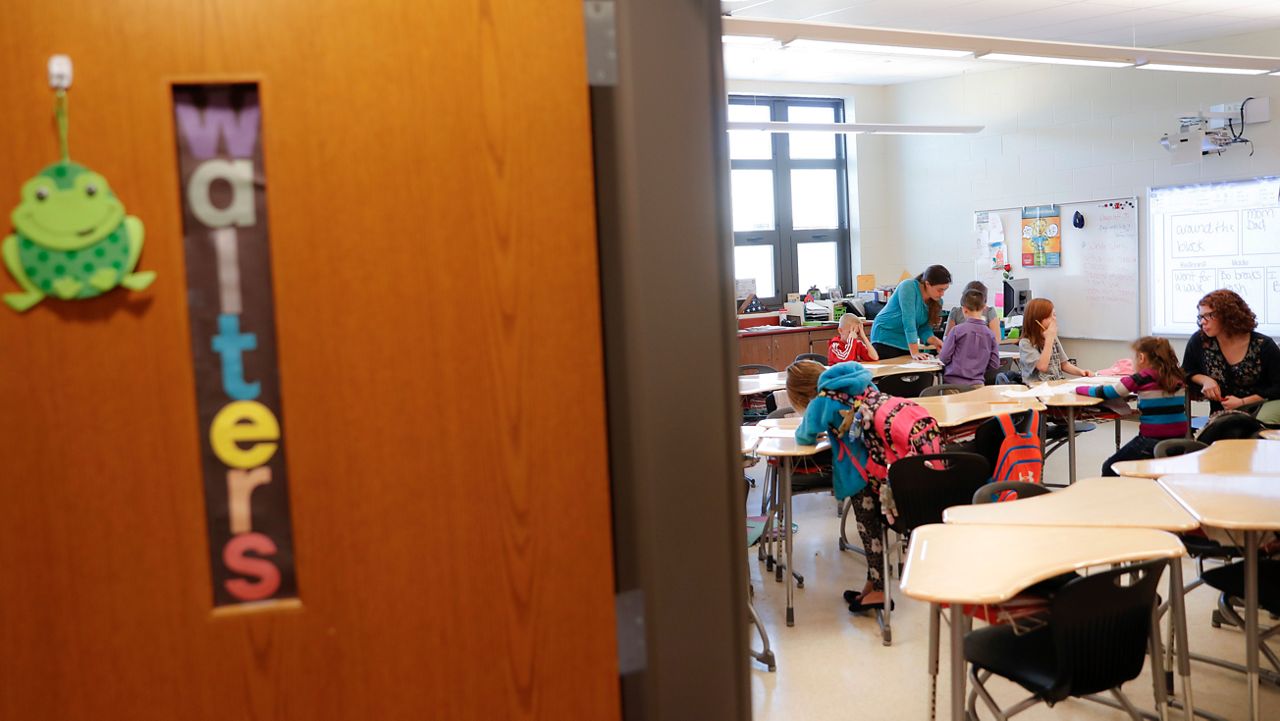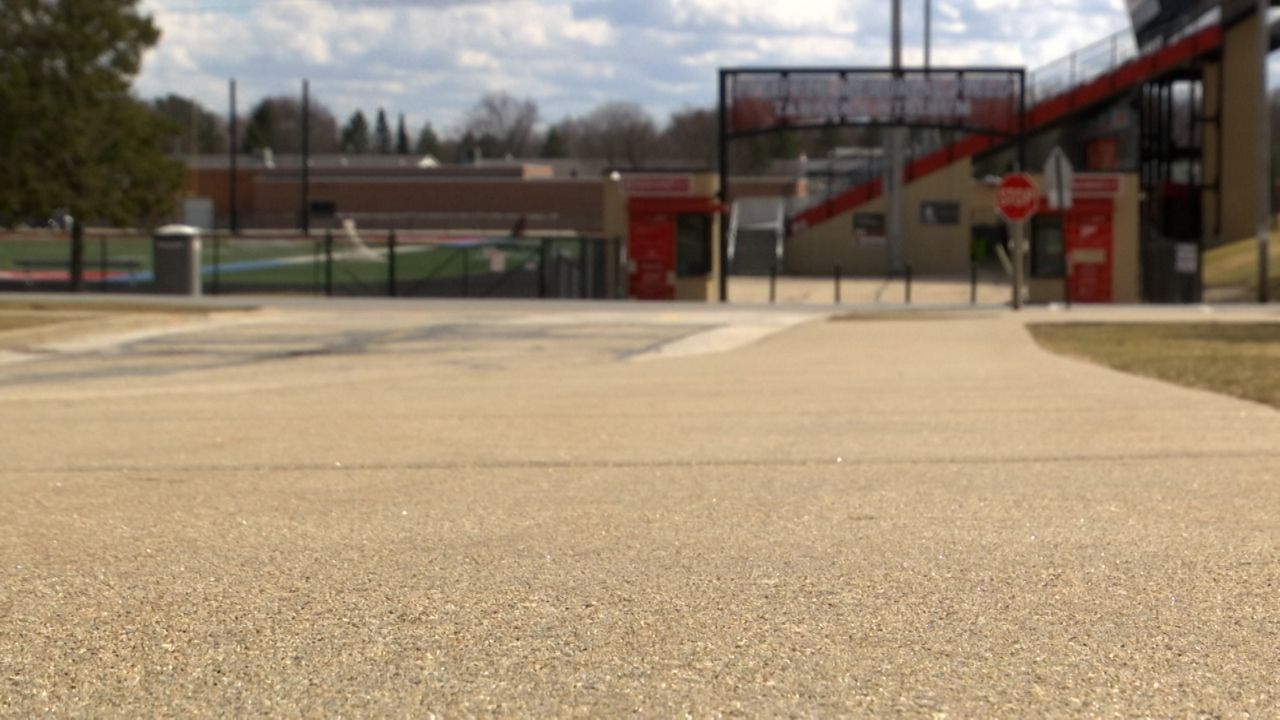WISCONSIN — Gov. Tony Evers on Tuesday announced the creation of the first statewide Office of Violence Prevention to combat gun violence and crime in the state.
Evers is also directing $10 million for the office to begin work and delegate grants for prevention efforts across the state.
The executive order comes after a fatal school shooting at a private Christian school in Madison last month, where police said a 15-year-old student shot and killed a teenage student and teacher and injured six others. The shooter also died.
The Legislature has already rejected numerous gun control measures put forward by Evers, including universal background checks for gun purchases. But Evers said the shooting at Abundant Life Christian School last month demonstrated the need for lawmakers to act.
“Just weeks ago, we had a heartbreaking, deadly school shooting at Abundant Life Christian School here in Madison. As a father, a grandfather, and as governor, it is unthinkable that a kid and an educator woke up and went to school that morning and never came home. That should never happen. Not to any kid, not to any educator, not to any person or family — not in this state or anywhere else in this country,” said Evers Tuesday at a press conference in Madison surrounded by gun control advocates, Democratic lawmakers and the mayor and police chief of Madison who responded to last month's school shooting.
Some Republicans were not on board with the proposal.
Republican Assembly Speaker Robin Vos blasted the proposal as “not well thought out” and said it amounts to “a whole bunch of touchy feely bureaucrats that are going to go around wasting time, wasting money and certainly not putting the effort where it’s deserved.”
“You know what the most effective violence prevention office is? The police,” Vos said at a news conference.
Republican Senate Majority Leader Devin LeMahieu was noncommittal, but he emphasized that GOP lawmakers have supported spending on other initiatives to address violence, including creating a state Office of School Safety.
The new violence office aims to create long-term efforts to address gun violence and keep kids, families, schools and communities safe, according to the Evers Administration.
Specifically, it will work to connect state and local government agencies, provide technical assistance to local violence prevention and intervention efforts, administer and award grants, develop public education programs, and identify opportunities for improvement in polices and laws.
Creating the office was discussed prior to the school shooting, but the shooting “cemented” his plans, Evers said.
Madison Police Chief Shon Barnes, who is leaving next month to become Seattle's chief of police, called the new anti-violence office a “transformative approach to understanding and addressing the root causes of violence in our society.”
“No city, no matter the size, reputation, or claim to fame, is immune from gun violence,” Barnes said. “We must recognize that to truly safeguard our neighborhoods, we need a comprehensive understanding of violence that goes beyond traditional policing.”
Evers said the upfront $10 million will allow the office to being work immediately ”without waiting for the conclusion of the biennial budget process.” Ever said his 2025-27 budget will include more for gun safety reform and requests for additional funding for the new Wisconsin Office of Violence Prevention in order to sustain it.
Vos said Assembly Republicans would oppose the request for more state money.
"This issue has long deserved a comprehensive, statewide response, and that’s what we’ll be taking on with our new Wisconsin Office of Violence Prevention.”“I have said from the beginning that I would never accept gun violence as a foregone reality or stop working to change it. Violence, including gun violence, is a statewide problem, with statewide consequences for people and families across our state,” Evers said at the press conference. "This issue has long deserved a comprehensive, statewide response, and that’s what we’ll be taking on with our new Wisconsin Office of Violence Prevention.”
While other violent crimes have generally declined in the last few years, gun-related deaths have risen in the last decade in Wisconsin. From 2014 to 2023, those deaths have increased 54% in the state, according to data from Everytown for Gun Safety.
Nationwide, firearms have been a leading cause of death for children, a 2022 Centers for Disease Control and Prevention report found. In 2022, 830 people died from guns in Wisconsin, with 277 of those being homicides and 529 being suicide; 55 were among children and teens ages 1 to 17.
Evers said the creation of this statewide office is just one part of the work that’s ahead.
“…Comprehensive, commonsense gun safety reform is a critical part of reducing crime, including gun violence, statewide, and this issue must be a shared priority that transcends politics and partisanship. We must work together to address the cycle of violence, prevent crime, and keep our kids, our families, our schools, and our communities safe,” Evers said.
Republican majorities in the Legislature shrunk after the November election, leading Evers and Democrats to say they hoped for more bipartisanship and consideration of ideas that have been summarily rejected in the past. But following the Dec. 16 shooting at Abundant Life Christian School in Madison, Republicans have not voiced support for any gun control measures backed by Democrats.
Wisconsin polls have repeatedly shown high public support for a variety of gun control measures.
Evers in 2019 called a special session of the Legislature to pass a universal gun background check bill and a “red flag” proposal that would allow judges to take guns away from people determined to be a risk to themselves or others. Republicans immediately adjourned without debating the measures. It was the first of a dozen special sessions Evers has called since 2019, none of which have been successful.
Democrats have reintroduced those and more than two dozen other gun safety bills over the past six years, but Republicans have repeatedly refused to take them up. Republicans, instead, have introduced bills that would expand access to guns and discussed arming teachers. Evers in 2022 vetoed Republican bills that would have allowed holders of concealed carry permits to have firearms in vehicles on school grounds and in churches located on the grounds of a private school.







